Range
Even the smaller, 52kWh battery manages a decent WLTP range of 224 miles, which isn't too bad, but most will go for the 77kWh ID.4 models that manage a usefully longer official range of between 321- and 349 miles. As for real-world range, we'd expect the small battery to manage between 140- and 210 miles depending on conditions (electric cars are always less efficient in cold weather and at higher speeds), while the big battery ID.4s should manage roughly 230- to 310 depending.
A heat pump is a £1050 option on every ID.4, which is a bit of a shame as it improves cold-weather efficiency and many rivals get one as standard.
Battery
Just like its ID.3 brother, the ID.4 uses lithium-ion NMC battery packs; the same chemistry that you'll find in most electric cars. The 52- and 77kWh figures are the usable capacities, so you can calculate your range and running costs using these numbers, rather than the 55- and 82kWh total capacity figures that take into account the 'zombie' cells. These are just dormant cells that sit within the battery pack to help with longevity and performance, but they don't contribute to the car's range; the important figure is the usable capacity that you're actually charging and discharging.
Every battery will degrade over time, and it's reasonable to expect the ID.4 to lose around 10-15% of its potential driving range over the first ten years and 100,000 miles. These days, batteries typically outlast the car and can go on to have a second life as energy storage after the car is scrapped, and they're as much as 96% recyclable.
Charging
The ID.4 has an 11kW on-board charger and comes with a Type 2 cable as standard, which is suitable for hooking up to a home wallbox or an on-street fast charger. Plug in with these and the 52kWh cars will take 8 hours 30 minutes for a full charge, or 12 hours 15 minutes for the 77kWh cars. Both cars take around 30-40 minutes to get to 80% when being rapid charged – the 52kWh cars can charge up to 100kW, while 77kWh models can charge up to 125kW. They use a CCS socket for rapid charging, which is the European standard socket type, and is compatible with almost every public rapid charger in the UK and Western Europe.
Volkswagen will also sell you one of its own home wallbox chargers, called the 'ID. Charger', and ID.4 owners can sign up to VW's 'We Charge' service which can gives access to 150,000 charging points across Europe and preferential prices for the Ionity rapid charing network. If you need a charging cable to hook up to a three-pin domestic socket, Volkswagen will relieve you of £219, but we'd recommend you do as it is useful to trickle charge this way if you're enjoying overnight stays with friends or at holiday homes that don't have chargers.











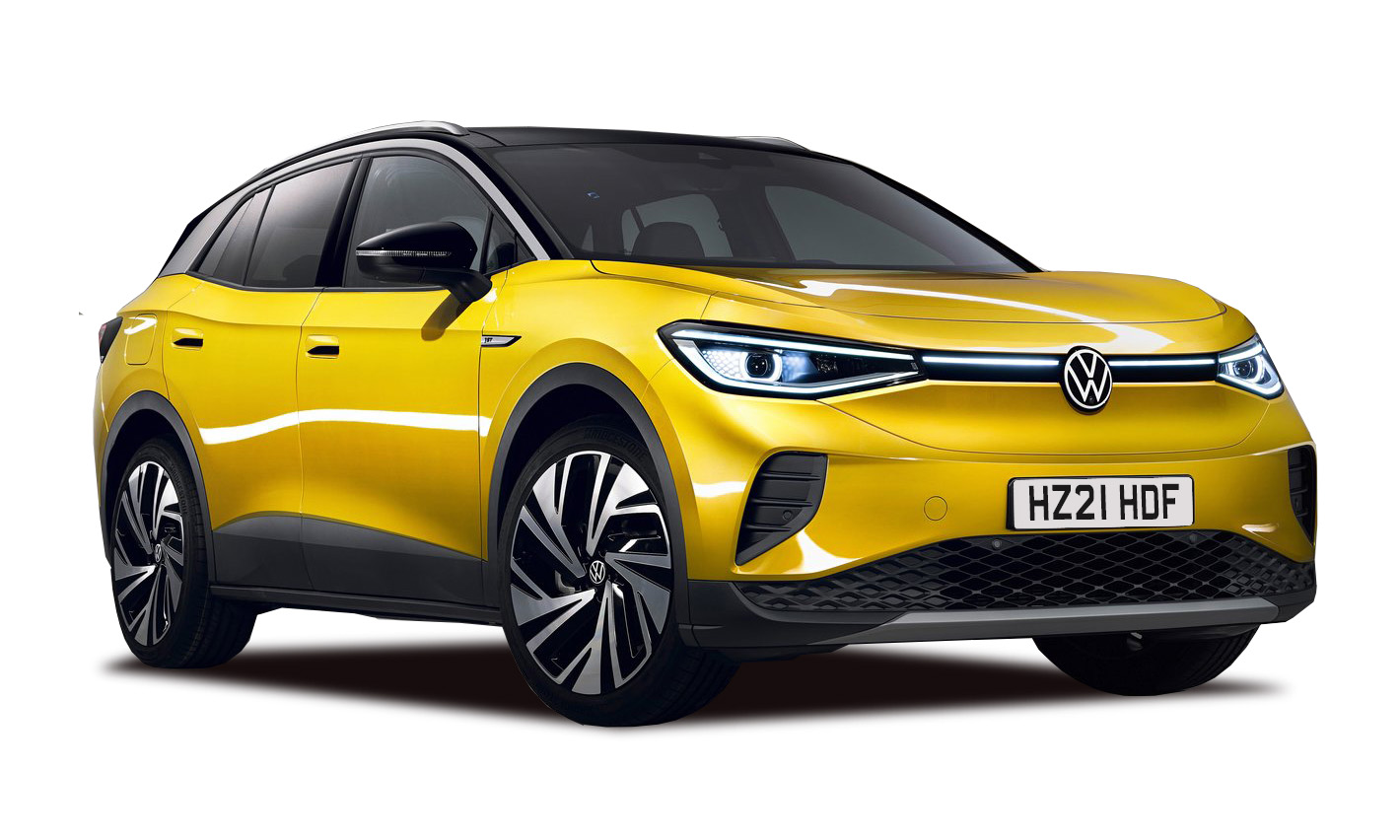
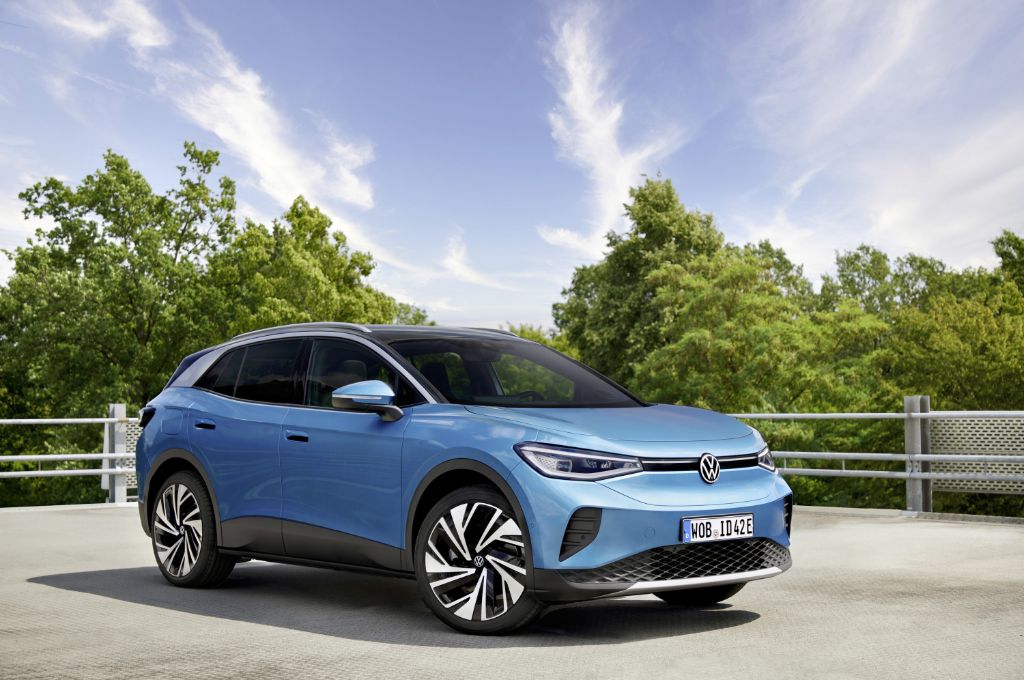
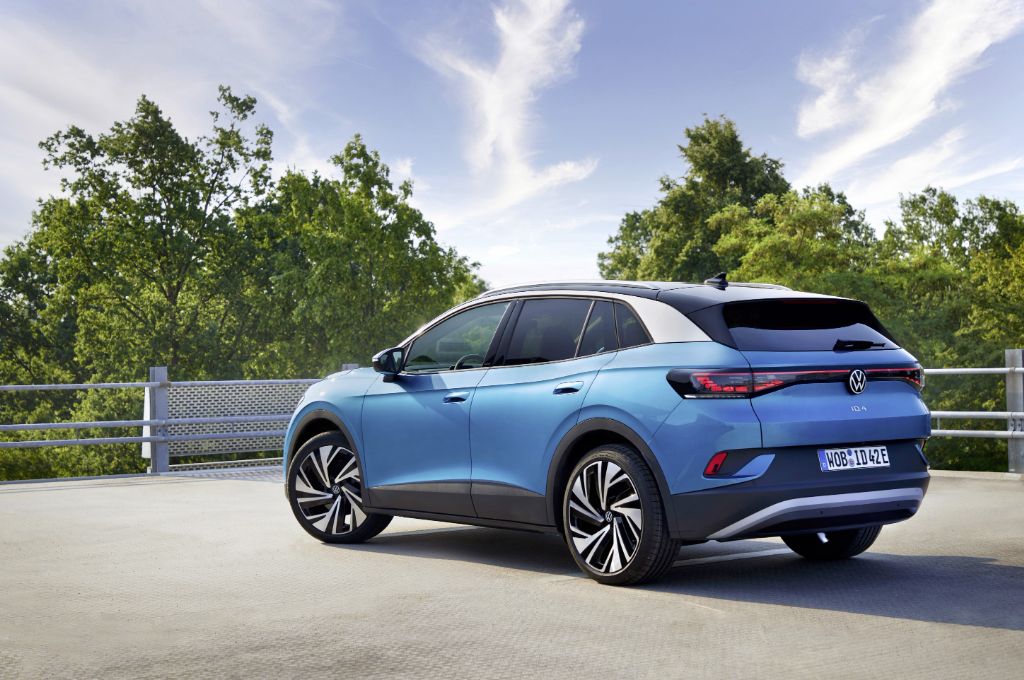
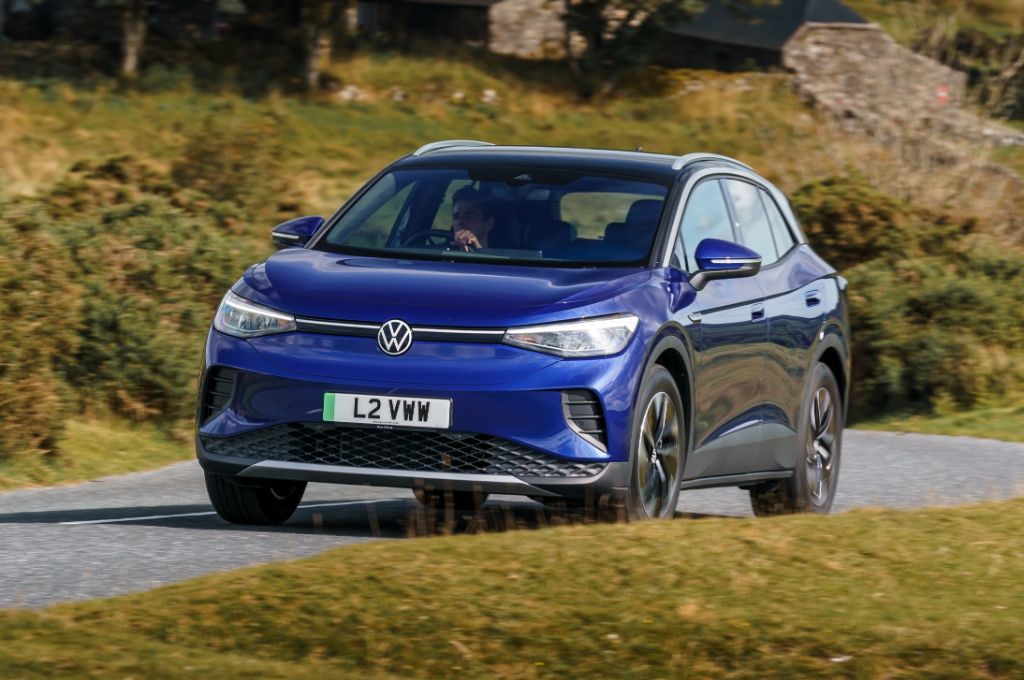

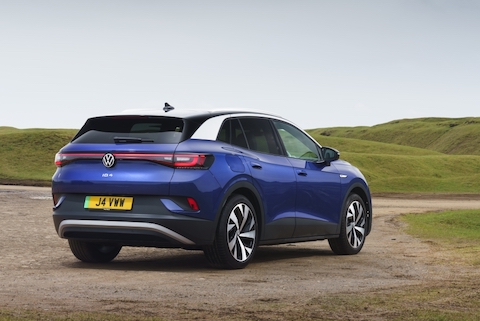
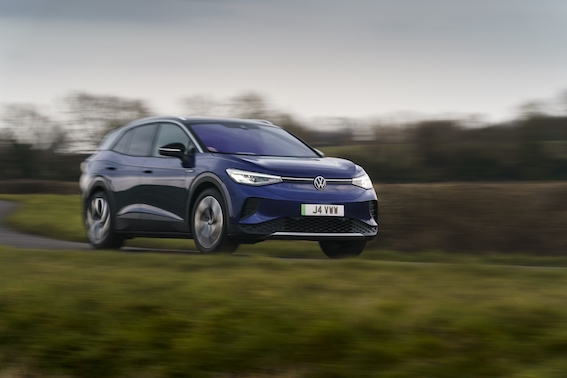
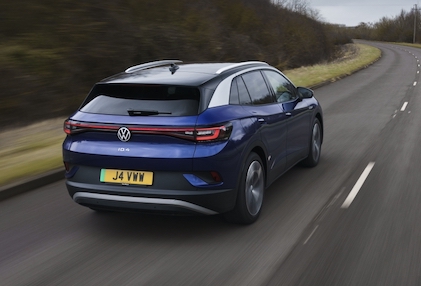
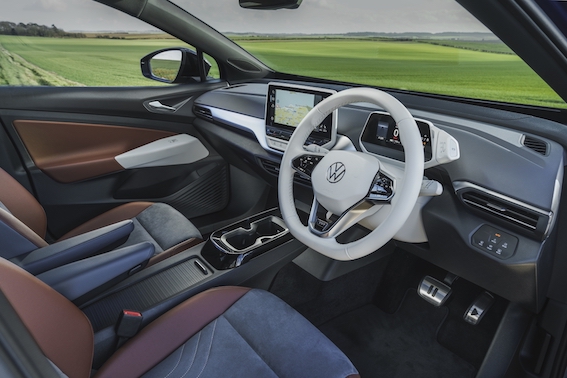
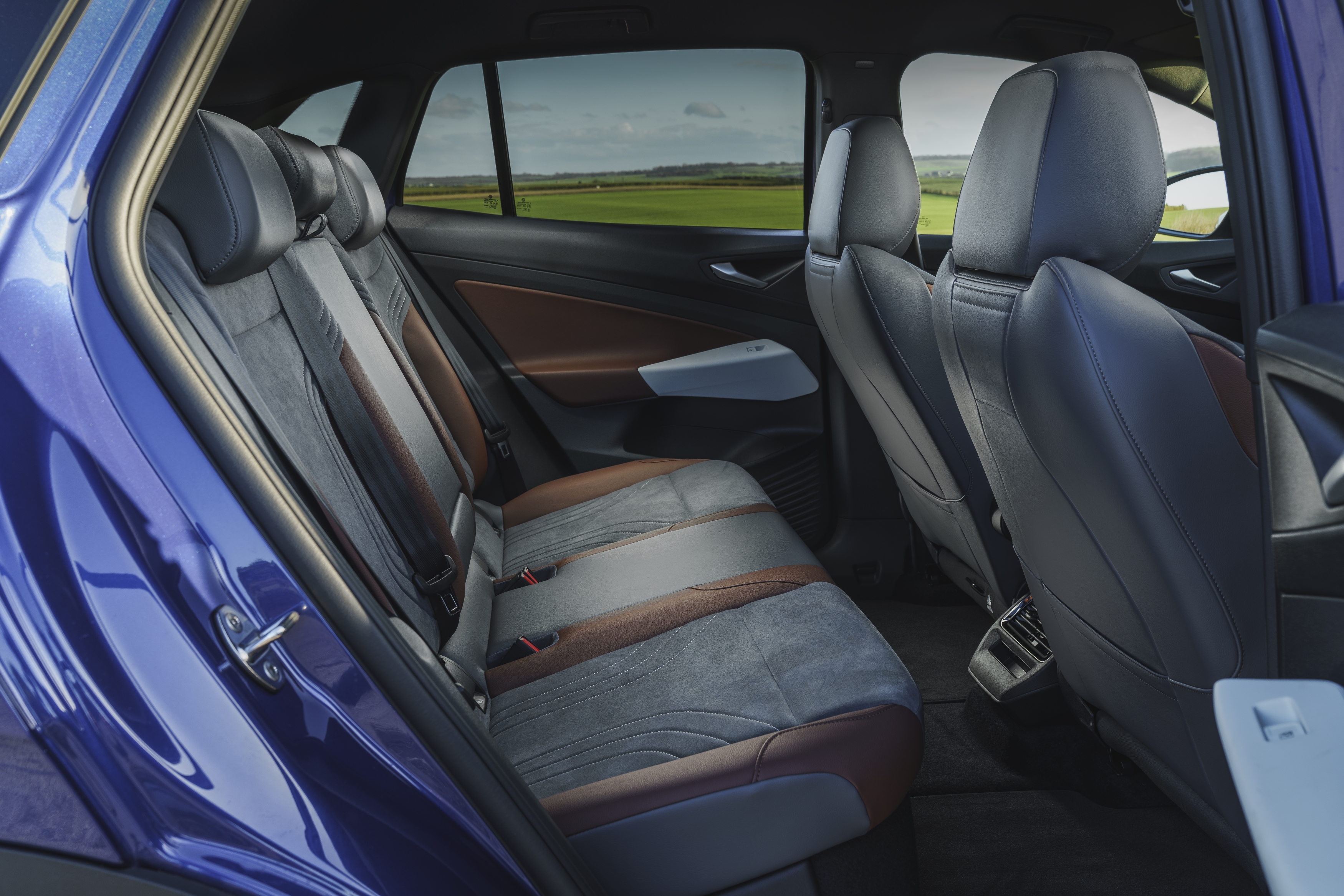

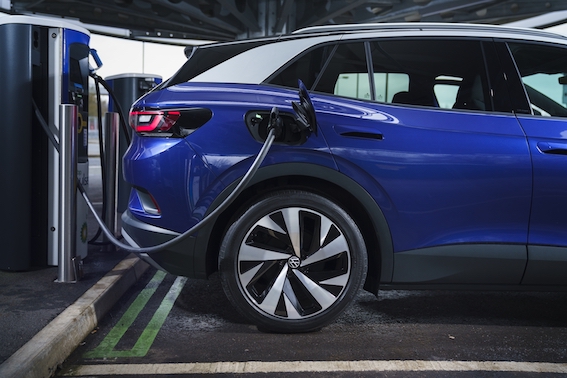
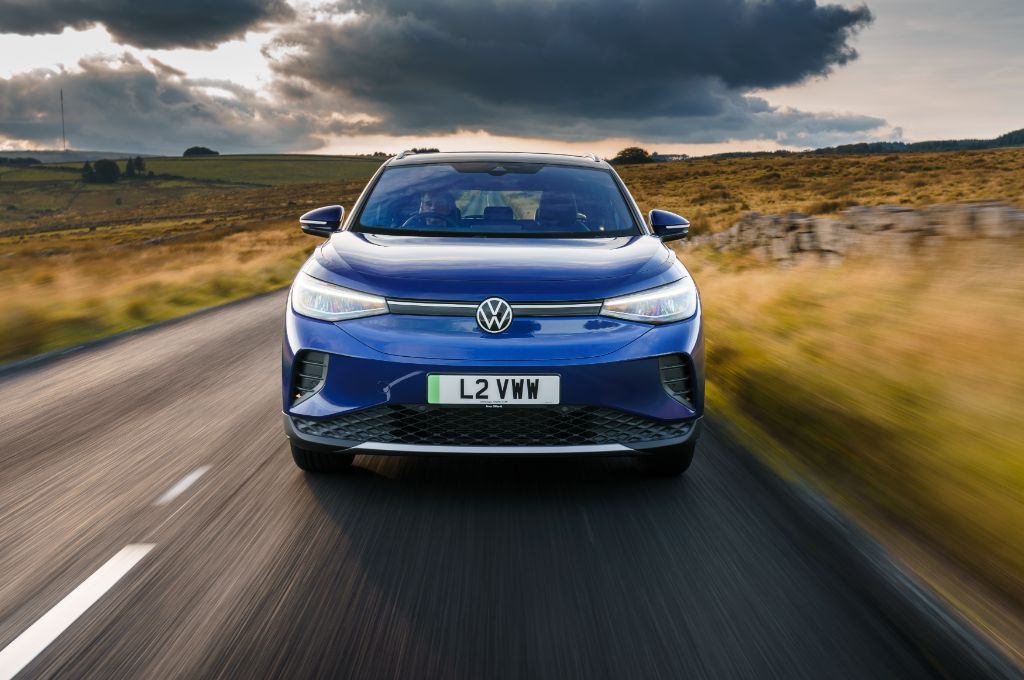
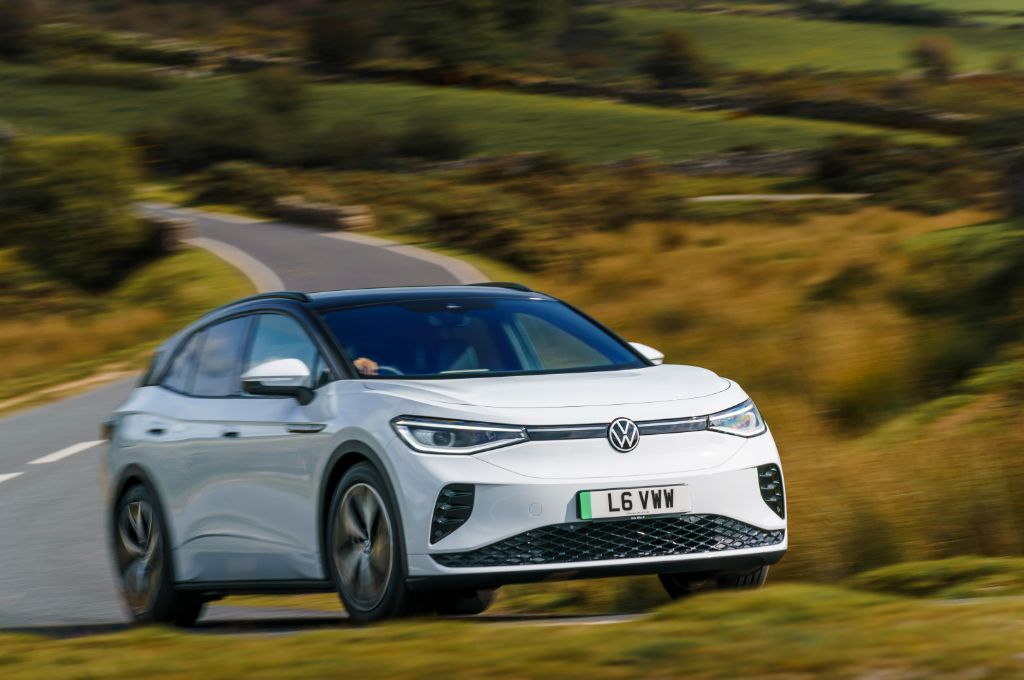
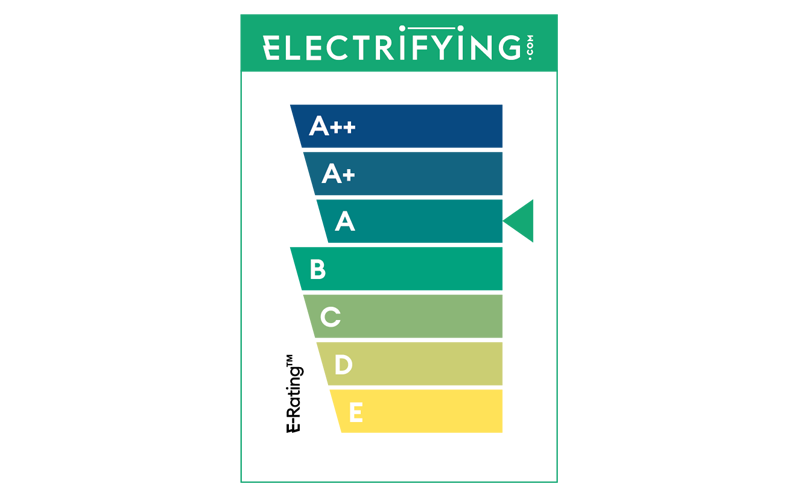




 PV5_Cargo_Key visual image_2.png?width=300&height=185)



